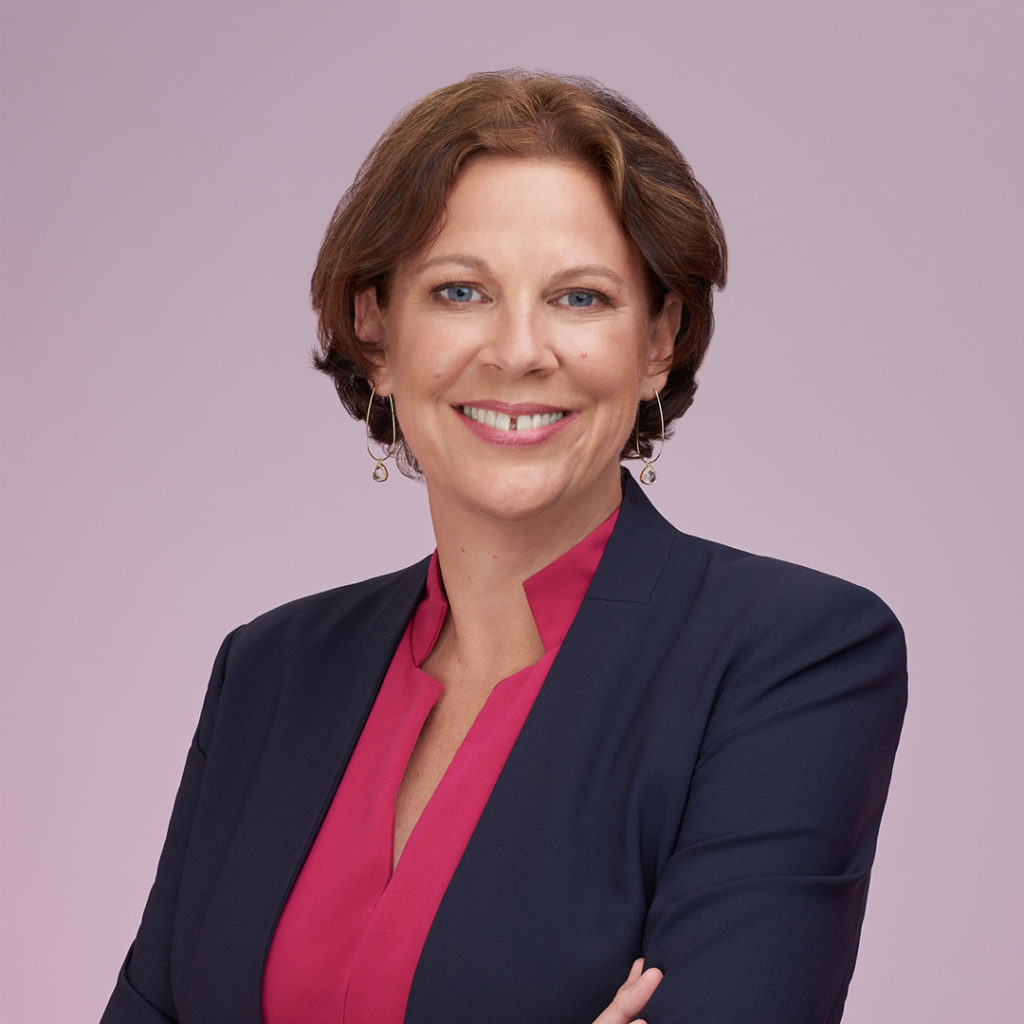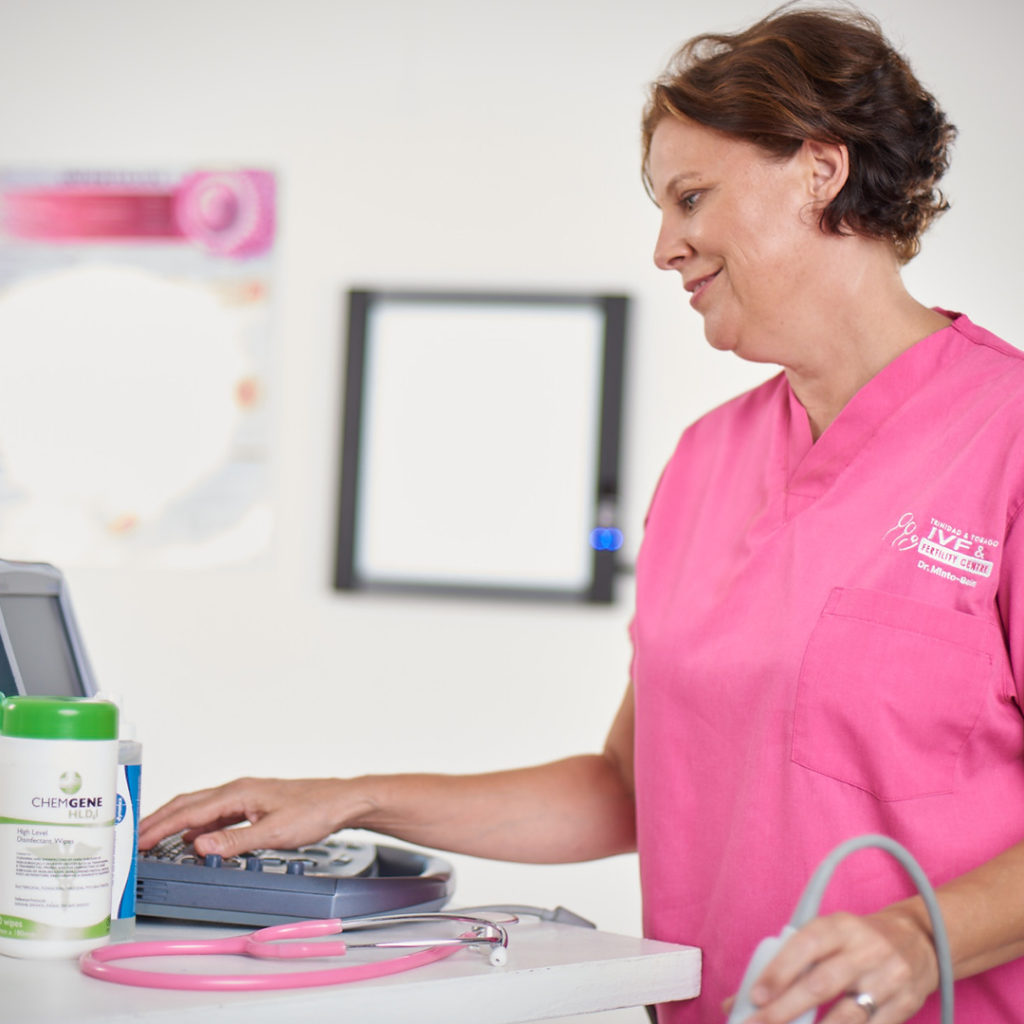
I became a Fertility Doctor because Becoming an Astronaut was too Dangerous…
At school I did well in all my subjects: Science, the arts and sport. I was a big fan of TV shows like Star Trek and Buck Rogers, and I dreamed of going into space. I used to gaze up at the stars in the night sky, wondering what other civilizations could be out there.
I loved the idea of exploring new worlds and going to places where no-one had been before. I also loved science, so I decided to look into a career as an astronaut.
Oh how I laugh looking back at my 16 year old self! I was so naïve, and I had absolutely no idea what being an astronaut would really be like. On January 28th 1986, my plans changed. I was watching the launch of the Space Shuttle Challenger along with millions of other people around the world. The shock of seeing the shuttle blow apart a minute after its launch haunts me to this day. All seven astronauts aboard were killed. That was the end of my desire to be an astronaut.
Medicine had always been my second option. As part of my mandatory school volunteer work I spent one evening a week at the local hospital’s geriatric ward. Here I gave out tea and coffee to the patients, read them books, helped the nurses and listened to the patients talk.
I realised that I loved everything about hospitals and healthcare, even the smell of the floor disinfectant! And I was entranced by the great joy you can get from helping people.
I applied to study medicine and studied feverishly to get a place in medical school. I have never regretted that decision for a second. I can honestly say that I have loved every single one of the last 33 years that I have been working in medicine.
The Decision to Choose Women’s Health
I went to Bristol University in West England to be a medical student. It is one of the top medical schools in the UK. As well as being a beautiful city it also had a large and wonderfully diverse student population. I worked hard in my medical studies, learning about all the different medical specialities.
I also met two important men who shaped the course of my life: My career as a fertility doctor and my choices as a wife and mother.
The first was an Obstetrics and Gynaecology professor who was visiting Bristol University for one year from Australia. He inspired me with his teaching and passion for Obstetrics and Gynaecology. His approach to medicine was quite unique and he engaged the students he taught with a passion that was infectious. He opened my eyes to the amazing world of women’s health and I was determined to follow him into Obstetrics and Gynaecology.
The second was an accounts and economics student from a far-away land in the Caribbean called Trinidad and Tobago. A country that I had only every heard about when I was stamp collecting at the age of 10 (Trinidad and Tobago had the most amazing triangular shaped stamps covered with colourful pictures!) Needless to say, this student was good looking, fabulous at dancing, a great cook, and had a fascinating view on life. I fell in love with my future husband about five minutes after we first met and we remain happily married today.
My Crazy Hours as a Junior Doctor
As soon as I had qualified as a doctor and done my obligatory first year working in medicine and surgery, I moved into women’s health. I was selected for a job at Kings College Hospital, one of the UK’s top Obstetrics and Gynaecology hospitals. My training was arduous, and the hours were long. I rotated through most areas of women’s health: General gynaecology, cancer, sexual health, obstetrics and labour ward, urogynaecology (to do with a woman’s bladder) and emergency care.
Interestingly, we were not exposed to fertility medicine in our general Obstetrics and Gynaecology training. This is one of the odd things about the way doctors are trained. Some of the most common medical conditions, like infertility, are hidden away. It should be the opposite. Infertility should be top of the list for anyone training in medicine. As it was, it would be three years before I finally got any exposure to the world of infertility medicine and my decision to specialise and become a fertility doctor.
Family and a Medical Career… Do they go Together?
One year into my five years of training to become an Obstetrics and Gynaecology Specialist I had a special surprise. My eldest daughter has always liked to be organised; she plans everything in her life. But this is the one time she stunned everyone! Finding out that I was pregnant so early in my career was certainly interesting. And so, with the amazing support of my husband, we became a family of three. One year later, with the arrival of my son, we were a family of four.
Life as a doctor training in Obstetrics and Gynaecology, with two young children and a husband training in accountancy, was challenging and tiring, but it was also great fun. However, after one year, I knew I needed a break from 100-hour weeks, and nights and weekends on the labour ward. So I took a slight step back from clinical medicine and applied for a clinical research post. That lasted two years and was a opportunity to do some new things in medicine. And a chance to see my babies grow up!
A note to other female doctors here. Don’t put off having your children because of your career unless you’re 100% happy with that choice. Having children and having a fulfilling medical career do go hand in hand. It takes planning and some compromises, but it can be done. It also helps to be partnered with someone supportive, who is happy to take an equal parenting role.
Reproductive Medicine Becomes My Calling
My stint in clinical research took me into the Department of Reproductive Medicine at the prestigious UCLH (University College London Hospitals). I was never the same again! For the first time I understood what IUI and IVF meant. I saw PCOS and Premature Menopause clinics. I worked in the department where the brand new science of Pre-Implantation Diagnosis of embryos (PGD) was being developed. I assisted in ground-breaking reproductive surgeries.
A special project I had was following up intersex children, adolescents and adults who, as babies, were born neither male nor female. I became an expert in understanding the genetics that control how ovaries and testes develop and what makes us male or female. I presented my research at international conferences. And that was it: I was hooked on the amazing field of reproductive medicine!
At the end of those fascinating two years, I went back into hospital medicine to complete my Obstetrics and Gynaecology specialist training. I still loved general Obstetrics and Gynaecology, but I missed the excitement and innovations of fertility medicine. My heart kept wandering back to the reproductive medicine and the infertility clinic.
The Caribbean Becomes Home
With the arrival of our third child also came the decision to move. It was time to try family life in my husband’s home country of Trinidad and Tobago. After 15 years of living and working in London we both agreed that we needed a change of pace.
I struggled to find a job at my level in the public hospitals in Trinidad, so I looked for a private medical job as a short-term position while I waited for a suitable post in the public sector to become available. Lo and behold, the very first job that dropped into my lap was working for the only IVF unit in Trinidad and Tobago. I think that’s called serendipity!
Making It as a Fertility Doctor in Trinidad and Tobago
Professor Samuel Ramsewak, who pioneered and headed the IVF unit, had trained in the UK under some of the top IVF doctors in the 1980’s and brought IVF home with him to the West Indies. He is the father of IVF in our region, having achieved the first IVF baby in 1996 and many other firsts since then.
After four years of working as both an Obstetrician and Gynaecologist and a Reproductive Endocrinologist (that’s another name for a Fertility Doctor) with Professor Ramsewak, I became the Medical Director of the Trinidad and Tobago IVF and Fertility Centre, a position I have held and loved for the past 13 years.
As a Fertility Doctor, this is My World, 24/7
When I assumed leadership of the Centre, I realised that I had to work as a fertility doctor full time. Dropping Obstetrics (monitoring pregnancy and delivering babies) from my work life was a tough but necessary decision.
An innovative and successful fertility centre requires the leadership of a dedicated Fertility Doctor. It also requires a dedicated Fertility Scientist — an Embryologist. The Trinidad and Tobago IVF and Fertility Centre is exceptionally lucky to have this in the person of Natalie Jess, who runs the Centre jointly with me. Natalie is an Australian Embryologist with decades of international experience in IVF, who has made her home in sweet T&T just like me.
Growing the Centre from one clinic to several, and from four staff to 20, has been an exciting journey. Fertility medicine is constantly changing and evolving. Our leadership team is focused on training our entire team to the highest standards, and on bringing in all the latest tests and treatments to ensure that our T&T patients get the very best fertility care.
Welcome to my world – a happy wife, mother and Fertility Doctor! I wouldn’t change it for anything!

